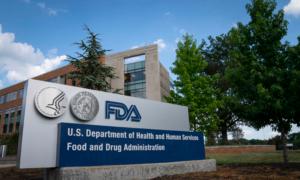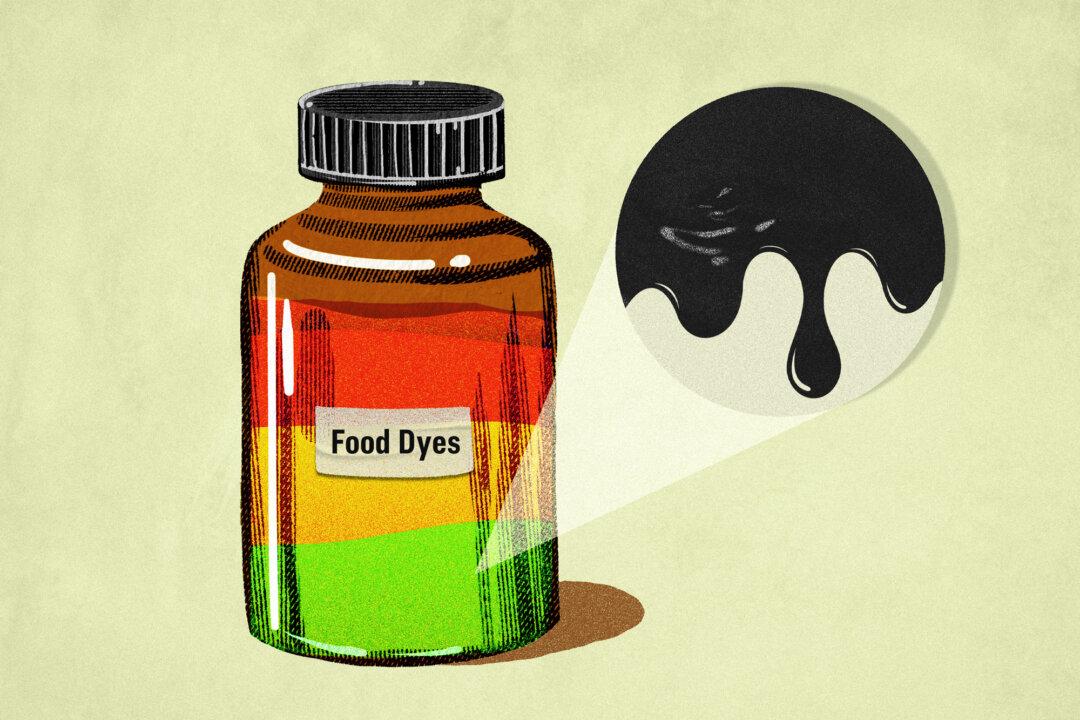The Food and Drug Administration (FDA) on Tuesday warned patients and health care providers about the risks associated with compounded ketamine, a type of psychedelic.
“Despite increased interest in the use of compounded ketamine, we are not aware of evidence to suggest that it is safer, is more effective, or works faster than medications that are FDA approved for the treatment of certain psychiatric disorders,” the FDA wrote in a statement.
What Is Ketamine?
Ketamine is a schedule 3 controlled substance that the FDA approved as an injection for induction and maintenance of anesthesia.A generic anesthetic, ketamine has hallucinogenic effects. The drug distorts the perception of sight and sound and makes a person feel disconnected from their pain and environment.
Some doctors consider ketamine a psychedelic since users may experience changes to the perception and sense of their environment, characteristic of psychedelic drugs. However, ketamine works differently from traditional psychedelics.
The FDA has not established a safe or effective dose of ketamine, which is a mixture of both R and S ketamine molecules, for any psychiatric uses. However, some health care providers prescribe it for off-label use to treat such conditions.
Spravato, which only includes the S-ketamine molecules, is approved as a nasal spray for treatment-resistant depression and suicidal ideation and behavior in adults with major depressive disorder.
Health Risks of Ketamine
In the warning, the FDA cited an adverse event report of a patient who experienced hypoventilation after taking an oral ketamine compound outside a health care setting.“The patient’s ketamine blood level appeared to be twice the blood level typically obtained for anesthesia,” the FDA wrote. The agency listed potential psychological side effects as dissociation, a disconnection between a person’s thoughts, feelings, sense of space, time, and self, and changes in vital signs.
Ketamine is typically associated with an increase in blood pressure and heart rate. However, patients who are depleted of catecholamines, a group of hormones including dopamine and norepinephrine, can experience a drop in heart rate when they take ketamine. Catecholamine depletion is a common side effect of antidepressants.
Another severe potential health consequence is bladder damage. People who chronically take high doses of ketamine can develop incontinence and difficulties and pain with urination.
Ketamine also bears psychological risks.
“It has significant effects on cognition, meaning that you’re no longer thinking clearly at all,” Dr. Gerard Sanacora, a professor of psychiatry at Yale University, said in an interview with Yale. “It can also dramatically alter perceptions. People can hear things differently, see things differently, feel things differently—this can be really scary to some people and cause them to act differently than they would without the drug in their system.”
Dr. Sanacora added that ketamine is not a miracle cure for serious mental illnesses.
Hallucinogen Use: A Historic High
The pandemic coincided with a rise in recreational drugs like marijuana and hallucinogens. Simultaneously, there has been renewed interest in using hallucinogens to treat mental health problems.A recent report released by the National Institutes of Health (NIH) showed that usage of drugs has climbed to historic highs. The use of hallucinogens rose to 8 percent for 19-to-30-year-olds. In 2017, around 5 percent of Americans in this age range used hallucinogens.
People aged 35 to 50 saw a historic rise in hallucinogen use, doubling since 2021, with around 4 percent reporting usage of hallucinogens in 2022.
Telemedicine has also made previously illegal prescriptions of ketamine more readily available. Since the pandemic, permanent regulations have allowed patients to receive treatment from health practitioners online and even from other states instead of requiring face-to-face meetings.







